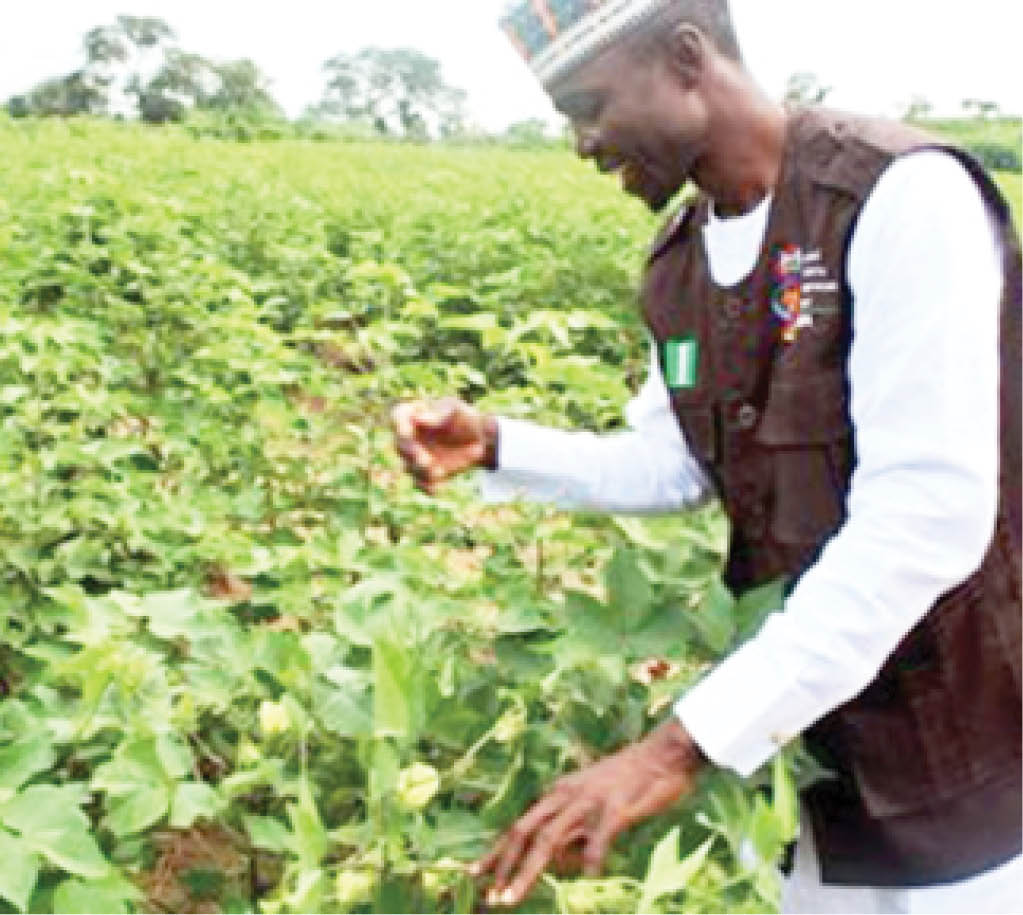According to FAO, agriculture remains the largest sector of the Nigerian economy and employs two-thirds of the entire labour force.
The production hurdles have much stifled the performance of the sector. Agriculture is increasingly becoming knowledge-intensive and millions of smallholder farmers around the world are confronted by constraints such as poor access to farm input, funding, poor road network, lack of storage facilities, markets and financial services; low levels of human capital, poor access to education and weak information flows.
With missing markets, low skills and weak capacity, agriculture across the developing world will have to overcome a number of challenges in the future.
The Food and Agriculture Organization (FAO), a specialized agency of the United Nations, estimates that more than 860 million people in the world today suffer from hunger including Nigeria.
Utilization of information and communication technologies (ICTs) can ease access to prompt and correct information for an improved agricultural production.
Information and communications technology (ICT) is an umbrella term that includes any communication device or application, encompassing radio, television, mobile phones, computers and network hardware and software, satellite systems and so on.
We are in a world where technology is in everything. Access to information is crucial to smallholder farmers.
In Nigeria, 85 percent of the farmers are smallholder farmers with great numbers of women that are greatly contributing in production of highly diversified products, and limited access to productive resources.
World population is expected to surpass the 9 billion mark by 2050, and agricultural production will need to increase by 60 percent.
ICT applications can make significant contribution to meet this future global and national food needs.
Information and communication technology can do so by collecting and sharing timely and accurate information on weather, inputs, markets, and prices; by feeding information into research and development initiatives; by promoting farmers cluster, by disseminating knowledge to farmers; by connecting producers and consumers, by connecting farmers and their target, and through many other avenues.
Creating the enabling environments for rural ICT connectivity through sound policies and strategies and ensuring affordable and quality access to the technologies, especially in rural areas, will support smooth exchange of agricultural information for smallholders’ farms.
ICT strategies and platforms that increase involvement of farmers’ organizations in policy development, policy debates, and influencing policy implementation have to be promoted.
Information and communication technologies especially mobile applications are playing key role in facilitating access to these resources by the farmers living in rural areas.
With the increasing penetration of mobile phones in remote parts of Nigeria, efforts should then be made to strengthen the innovative use of mobile technologies by smallholder farmers.
Combination of mobile technology and geographic information system offer correct, specific/micro information of farm activities, soil, water, nutrient, food safety tracking etc. on farmers’ field for decision making.
Godwin Jimoh writes from Abuja

 Join Daily Trust WhatsApp Community For Quick Access To News and Happenings Around You.
Join Daily Trust WhatsApp Community For Quick Access To News and Happenings Around You.


